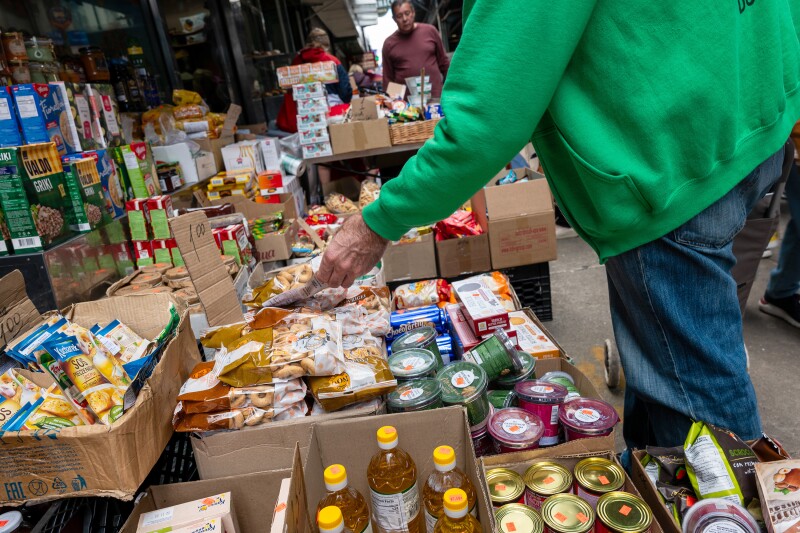The impending U.S. government shutdown is poised to have significant repercussions for millions of families reliant on government food assistance. Starting on Saturday, November 1, 2025, the Supplemental Nutrition Assistance Program (SNAP) will suspend benefits for approximately 42 million low-income Americans unless Congress intervenes with new legislation or reopens the government.
For many, this situation will transition from a political issue to a harsh reality. The potential loss of food subsidies threatens the well-being of vulnerable households, including over 15 million children who depend on these benefits for their daily nutrition. The lack of action from both major political parties has drawn criticism, as families face the prospect of hunger due to partisan disputes.
Senator Josh Hawley of Missouri has introduced legislation aimed at maintaining food benefits amidst the shutdown. While his prior actions have raised questions about his commitment to supporting low-income individuals, he is now advocating for immediate relief. In a recent op-ed for the New York Times, Hawley remarked, “Republicans blame Democrats, and Democrats blame Republicans, but all these people have food to spare.” His statement emphasizes the disconnect between lawmakers and the realities faced by their constituents.
The current deadlock is exacerbated by strategic decisions from party leaders. The Trump administration has the capacity to redirect funds to sustain SNAP benefits but has chosen not to do so. Meanwhile, Democratic leaders reportedly hesitate to support Hawley’s bill, fearing it could weaken their leverage in ongoing negotiations over subsidies related to the Affordable Care Act (ACA).
On the Republican side, some members are reluctant to extend food assistance, believing it may relieve pressure on Democrats to end the shutdown. House Speaker Mike Johnson has also opted not to reconvene the House, further complicating efforts to pass emergency food aid.
The situation illustrates a troubling trend in Washington, where the needs of hungry families are used as bargaining chips in political maneuvering. As Hawley poignantly stated, “[N]obody in America, this richest of nations, should go to bed hungry, and certainly no child.” His comments reflect a growing concern that political leaders must prioritize the welfare of their most vulnerable constituents over partisan interests.
The ramifications of this shutdown extend beyond politics; they touch the lives of millions who rely on SNAP benefits for survival. Both parties have a responsibility to act decisively to protect these individuals from unnecessary hardship. Failure to do so could provoke a significant backlash from voters who expect their leaders to prioritize the needs of the public.
In conclusion, as the November 1 deadline approaches, the need for immediate action is clear. The government’s inability to resolve this issue not only puts food security at risk but also raises questions about the moral character of a nation that allows children to go hungry. The onus is on Congress to ensure that no American faces food insecurity due to political gamesmanship.
